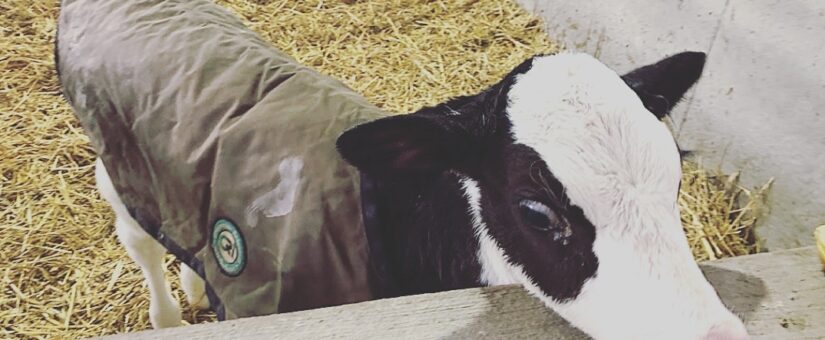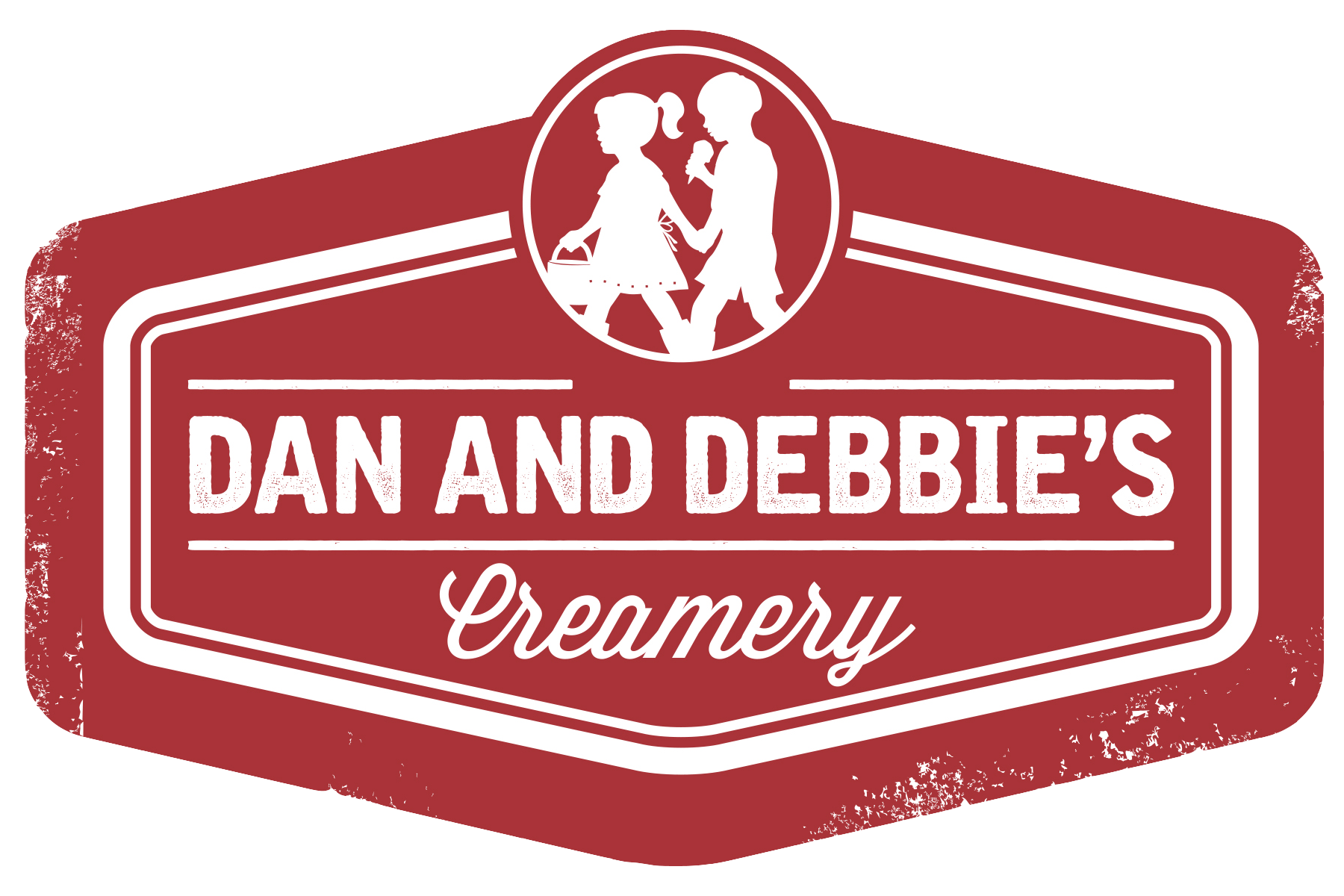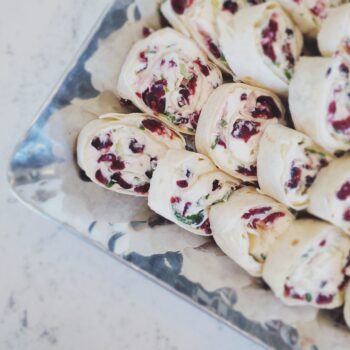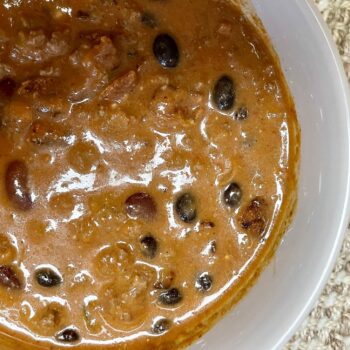
How we care for our calves in the cold
We live in one of those states where we have to deal with extreme temperatures of weather on both ends of the spectrum – hot and cold. Today, just so happens to be one of those days. We have reached wind chill levels of -20 degrees and while we have a nice barn for our animals it still gets bone chilling cold so there are some extra precautions that we take in order to make sure our baby calves are still able to thrive in this weather.
Leading up to this cold front there were a couple of things we did to prepare:
 Ensuring they have a clean and dry environment — It is especially important that in the colder months that their housing is kept clean and dry. Early in the winter we make sure their housing is free from cold drafts. We also provide a deeper layer of bedding to help build a barrier between the cold ground and where the calf lays.
Ensuring they have a clean and dry environment — It is especially important that in the colder months that their housing is kept clean and dry. Early in the winter we make sure their housing is free from cold drafts. We also provide a deeper layer of bedding to help build a barrier between the cold ground and where the calf lays. Energy boosts with fresh warm milk — When it gets really cold out some of the newer babies get an extra bottle of milk. Calves need more energy just to maintain body temperature. We also closely monitor our older calves to make sure they are consuming the proper amount of grain and water.
Energy boosts with fresh warm milk — When it gets really cold out some of the newer babies get an extra bottle of milk. Calves need more energy just to maintain body temperature. We also closely monitor our older calves to make sure they are consuming the proper amount of grain and water.  Bonus warmth with calf coats — All calves 6-weeks old and younger will get a calf coat. New babies haven’t enough time on earth for their bodies to produce a thicker natural coat so the calf coat helps keep their new bodies warm.
Bonus warmth with calf coats — All calves 6-weeks old and younger will get a calf coat. New babies haven’t enough time on earth for their bodies to produce a thicker natural coat so the calf coat helps keep their new bodies warm.
 Access to fresh, clean warm water — Our calves are put in individual pens and fed water out of a bucket. It is important the calves have access to fresh, clean water all of the time, but during the winter months they need it to be slightly warm. It’s challenging in this weather because water, if not consumed quickly the water freezes so we check on this multiple times a day to make sure they are getting the hydration they need to stay healthy!
Access to fresh, clean warm water — Our calves are put in individual pens and fed water out of a bucket. It is important the calves have access to fresh, clean water all of the time, but during the winter months they need it to be slightly warm. It’s challenging in this weather because water, if not consumed quickly the water freezes so we check on this multiple times a day to make sure they are getting the hydration they need to stay healthy!
 Warming/drying boxes for newborn babies — When a new baby makes its way into the world on a cold day like today he or she arrives wet and if not dried soon frostbite, illness and other negative effects are possible. We have surveillance over our maternity pen where we monitor our expecting mothers and get out to the barn as quickly as possible to take care of the newborn. If a calf happens to arrive and it’s -20 degrees out, we place the calf into a warming/drying to help get the baby’s temperature up and the fur coat dry. Then while we work to make sure the mother is okay we use her colostrum to pass onto the baby so he or she gets passive nutrients for a healthy start to life.
Warming/drying boxes for newborn babies — When a new baby makes its way into the world on a cold day like today he or she arrives wet and if not dried soon frostbite, illness and other negative effects are possible. We have surveillance over our maternity pen where we monitor our expecting mothers and get out to the barn as quickly as possible to take care of the newborn. If a calf happens to arrive and it’s -20 degrees out, we place the calf into a warming/drying to help get the baby’s temperature up and the fur coat dry. Then while we work to make sure the mother is okay we use her colostrum to pass onto the baby so he or she gets passive nutrients for a healthy start to life.
These additional measures are really important to help keep the calves warm, healthy and continuing to grow. Afterall, these babies are the future of our milking herd.
- Posted by Dacey Johnson
- On January 6, 2022
- 0 Comments



0 Comments